Six Solar Terms in Summer
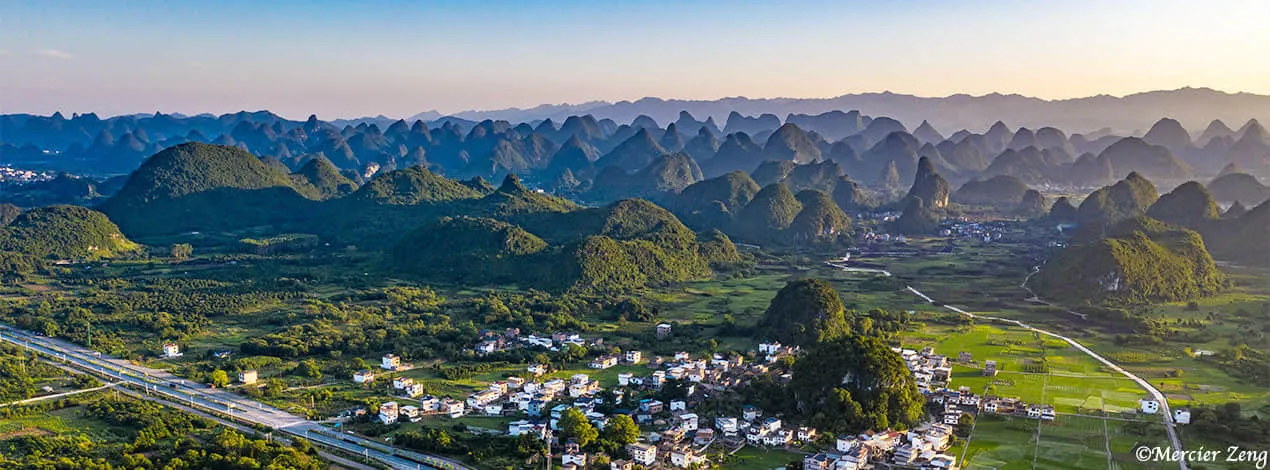
After the warm spring, people will embrace the increasingly sweltering summer. Summer is the second season in the four seasons of a year. Lixia is the beginning of summer. Summer ends on the day of Liqiu (Beginning of Autumn). In spring, orchard trees and crops germinate and bloom, and in summer they begin to bear fruit. At this time, diverse fruits and vegetables are available on the market for people to choose from, such as watermelons, sweet melons and eggplants. Under the scorching sun, farmers are busy with weeding and spraying pesticide to take care of their crops. They expect that there would be good yields in autumn.
Lixia (Beginning of Summer)

Lixia (Beginning of Summer) is the seventh solar term in the twenty-four solar terms in the lunar calendar. It is also the first solar term in summer, signifying the beginning of the hot summer. In astronomy, Lixia means the end of spring, and the beginning of summer. People usually consider Lixia as an important solar term. When it comes, the temperature rises obviously, and summer heat arrives, there is a remarkable increase in thunder storms, and crops enter their peak season for growth.
- Chinese name: 立夏Lì Xià
- Meaning: the beginning of summer
- Climate: arrival of heat and increase in thunder storms
- Season: summer
- Date: May 5, 6, or 7
- Traditional food: tender broad beans, Lixia eggs (Each year at Lixia, people would have boiled chicken eggs or salted duck eggs. They believe that they can enhance their health by eating eggs at Lixia.)
- Customs: egg competitions and food tasting fairs
- Farming Activities: Farmers need to harvest the ripe crops as soon as possible while there are still sunny days.
- Health Tips: You need to keep your mind in peace and nourish the heart.
- The next solar term: Xiaoman (Grain Buds)
Xiaoman (Grain Buds)

Xiaoman is the eighth solar term in the twenty-four solar terms, and the second one in summer. During Xiaoman, summer harvest crops such as barley and wheat already bear fruits, and their seeds are full though they are not ripe yet. Thus, the solar term is named Xiaoman (Grain Buds).
- Chinese name: 小满Xiǎo Mǎn
- Meaning: The seeds of summer harvest crops begin to bear fruits and their seeds are full, though they are not ripe yet.
- Climate: The temperature difference between the north and the south shrinks, and there is a greater amount of rainfall.
- Season: summer
- Date: May 20, 21, or 22
- Traditional food: bitter herbs
- Customs: irrigation competition, sacrificial ritual for the three gods
- Farming Activities: debugging and defense preparation against storms
- Health tips: Avoid raw or cold food.
- The next solar term: Mangzhong (Grain in Ear)
The solar term Xiaoman is in late May. Summer begins to reach all parts of the country. High temperatures are increasingly prevalent, with the temperature difference between the south and the north shrinking further. Rainfall begins to increase further. The temperature in the areas to the south of Yellow River and along the lower reaches of Yangtze River begins to climb up to 35 degrees Celsius. People need to prepare for heat prevention, and cooling.
Mangzhong (Grain in Ear)

Mangzhong (Grain in Ear) is the ninth solar term in the twenty-four solar terms, as well as the third one in summer. It signifies the beginning of mid-summer. Literally, Mangzhong means “wheat with awn should be harvested soon, and rice seeds with awn can be sown”. (Awn is the bristles on the grain.) It heralds the busy Farming Activities of farmers.
- Chinese name: 芒种Máng Zhòng
- Meaning: ripening of crops and sowing of seeds
- Climate: rich rainfall, obvious increase of temperature (if there is not much rainfall at Mangzhong, there would be a serious drought in summer)
- Season: summer
- Date: June 5, 6, or 7
- Traditional food: green plum
- Customs: Say farewell to the flora, seedling protection, mud fight, and boiling plums
- Farming Activities: planting crops
- Health tips: You need to have a mild diet and keep your mind in peace.
- The next solar term: Xiazhi (Summer Solstice)
The fifth day of the fifth lunar month each year is the Dragon Boat Festival. Every two years, the festival would coincide with Mangzhong (Grain in Beard). Dragon Boat Festival has remained a traditional holiday for the Chinese for two thousand years. The customs on the day include hanging calamus or Artemisia in the house, dragon boat race, and eating Zongzi, a Chinese traditional snack. The dragon boat race now has seen new developments. It has become an international sports event.
Xiazhi (Summer Solstice)

On the day of Xiazhi (Summer Solstice), the Tropic of Cancer receives direct sunlight radiation, and the daytime in the Northern Hemisphere reaches its maximum length. The more northern a place is, the longer its daytime is. At Xiazhi, though there is direct sunlight, it is not the hottest time in a year. It is usually said that the hottest days are the dog days (which get their name from the dog star, Sirius, and its position in the sky). The real hot weather is marked by Xiazhi and Liqiu. From mid-July to mid-August, all parts of China will see their highest temperatures. In some places, the temperature may even exceed 40 degrees Celsius.
- Chinese name: 夏至Xià Zhì
- Meaning: Heat is to come.
- Climate: heavy rain, drizzles, high temperatures, and high humidity
- Season: summer
- Date: June 20, 21 or 22
- Traditional food: noodles and lychee
- Customs: ancestral worshipping, activities for cooling
- Farming Activities: water storage before dog days
- Health tips: Have more foods with a bitter taste. Keep your mind in peace.
- The next solar term: Xiaoshu (Minor Heat)
In the Chinese lunar calendar, the term jiu (a period of nine days) is a popular one accepted by the Chinese people. There are nine winter jiu and nine summer jiu, of which the summer jiu starts from Xiazhi. Each nine day stretch is a jiu. Each summer has nine jiu, namely eighty-one days. The third and fourth jiu periods are the hottest days of the year.
Xiaoshu (Minor Heat)

Xiaoshu (Minor Heat) is the eleventh solar term of the twenty-four solar terms, as well as the fifth one in summer. It signifies the beginning of late summer. The character shu (暑) means heat. Xiaoshu is minor heat, which means it’s not very hot. The weather is getting increasingly hot, but not the hottest moment yet. Most parts of the country can be described by this solar term. The crops in the entire country begin to grow rapidly, and this situation requires more intensive field management.
- Chinese name: 小暑Xiǎo Shǔ
- Meaning: Weather becomes increasingly hot
- Climate: The temperatures rise and summer drought begins.
- Season: summer
- Date: July 6, 7 or 8
- Traditional food: dumplings and mung bean sprouts
- Customs: Tasting newly harvested rice
- Farming Activities: Farmers need to take measures to defend against drought and flood.
- Health tips: Keep the balance between work and leisure
- The next solar term: Dashu (Major Heat)
Dashu (Major Heat)

Dashu is the twelfth solar term in the twenty-four solar terms, as well as the last one in summer. Dashu is extreme heat. Compared to Xiaoshu (Minor Heat), it’s much hotter, and it marks the hottest period with the highest temperatures in a year. And it also marks the period with the fastest growth for crops which enjoy heat.
- Chinese name: 大暑Dà Shǔ
- Meaning: the hottest period in a year
- Climate: extreme heat and high temperature
- Season: summer
- Date: July 22, 23 or 24
- Traditional food: tea, mung bean congee, and lychees
- Customs: eating pineapples and grass jelly
- Farming Activities: Drought prevention and water dredging
- Health tips: Nourish the spleen and stomach.
- The next solar term: Liqiu (Beginning of Autumn)
Dashu is the time when jasmine and lotus blossoms. It is the ideal time to appreciate lotus flowers. The West Lake in Hangzhou is one of the best places for appreciating lotus flowers.
Further Reading
- The 24 Solar Terms
- Recommended Dishes for the 24 Solar Terms
- Six Solar Terms in Spring
- Six Solar Terms in Autumn
- Six Solar Terms in Winter
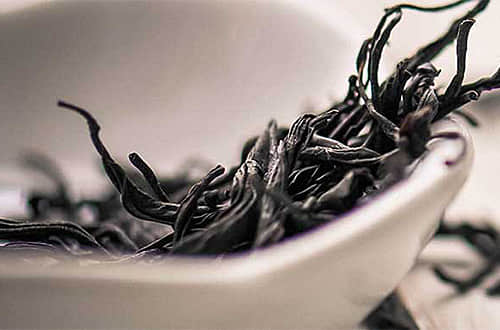 The History of Chinese Tea
The History of Chinese Tea 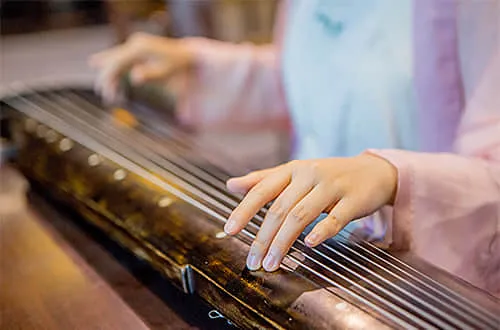 Chinese Music
Chinese Music 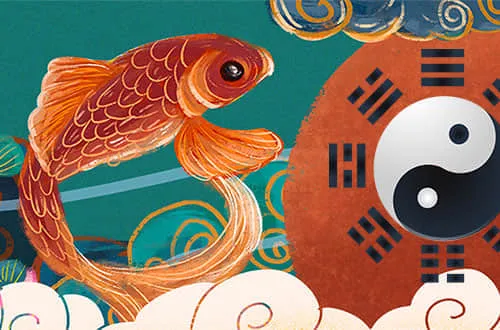 How to be Lucky in China
How to be Lucky in China 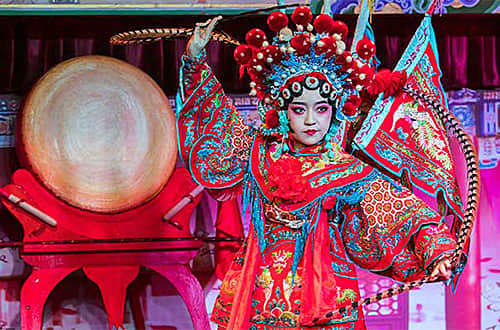 Makeup, Staging, Costumes and Music
Makeup, Staging, Costumes and Music